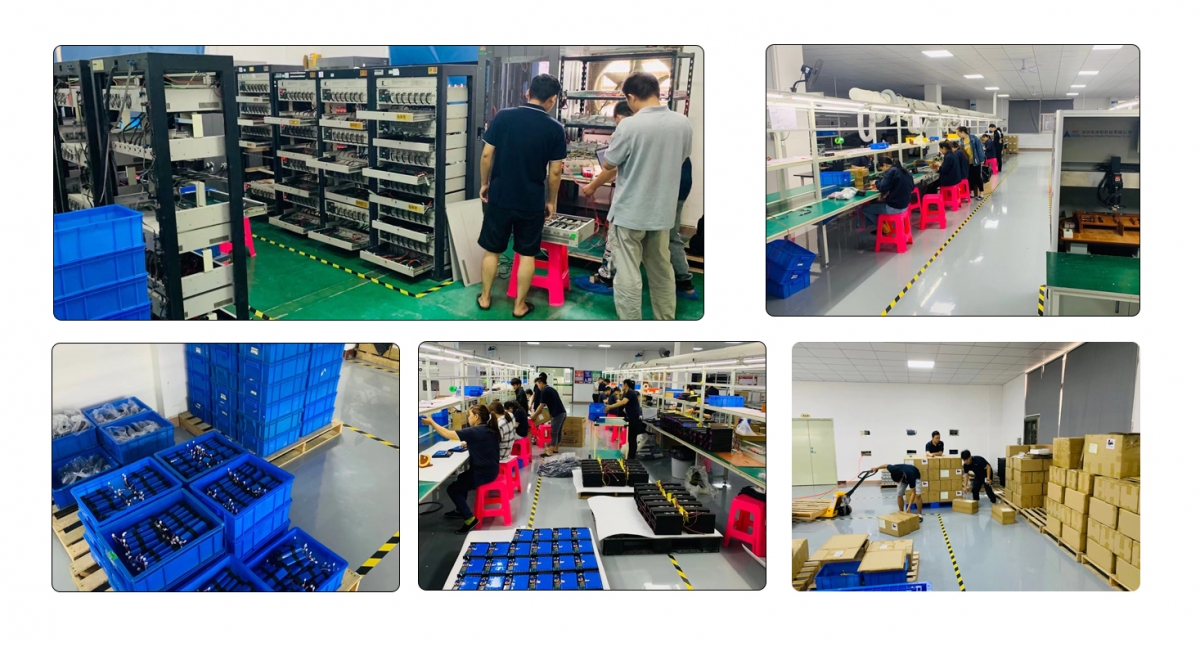- 13
- Oct
What are the dangers of lithium battery goods in transportation?
What are the dangers of lithium battery cargo in transportation? Lithium batteries have always been a “dangerous molecule” in air transportation. During air transportation, due to internal and external short circuits, lithium batteries can cause high temperature and overheating of the battery system, resulting in batteries In spontaneous combustion or explosion, the dissolved lithium produced by the combustion will penetrate the cargo compartment or generate enough pressure to break through the cargo compartment wall, so that the fire can spread to other parts of the aircraft.
What are the dangers of lithium battery goods in transportation?
With its unparalleled advantages, the application of lithium batteries has become more and more extensive, and marketing has become internationalized. At the same time, lithium batteries are high-risk items. Therefore, transportation safety is getting more and more attention, especially in summer in China, with high temperature and Rainwater will easily have a greater impact on lithium batteries, and we need to pay more attention to the safe transportation of lithium battery goods.
The main dangers of lithium batteries are as follows:
Leakage: Poor design and manufacturing processes of lithium batteries or the external environment may cause the battery to leak. Tests are conducted to ensure that the battery does not leak during transportation. The packaging requires that the transportation safety should be ensured even if there is leakage.
External short circuit: If an external short circuit occurs, it is also dangerous. The temperature of the lithium battery will rise very high, and even fire or explosion may occur. It can be said that the external short circuit test is the most severe condition after the lithium battery passes through the harsh environment that may be encountered in the transportation. The lithium battery can meet the safety requirements under this condition, plus the protection of the battery during the transportation process. , This danger can be ruled out.
Internal short circuit: It is mainly due to the poor diaphragm of the lithium battery or the small conductive particles entering and piercing the diaphragm during the production process of the lithium battery, and the lithium metal is produced due to the phenomenon of overcharging in the lithium ion battery during use. Internal short circuit is the main reason for the fire and explosion of lithium batteries. Experiments should be carried out to change the design to reduce the danger of lithium batteries.
Overcharge: Overcharge the lithium battery, especially continuous and long-term overcharge. Overcharge directly affects the stability of the battery plate structure, diaphragm and electrolyte, which will not only cause a permanent decrease in capacity, but also a continuous increase in internal resistance , The power performance drops. In addition, individual attenuated batteries will also have problems such as increased leakage, inability to store electricity, and continuous high floating charge current.
Forced discharge: The over-discharge of the lithium battery leads to the collapse of the carbon sheet structure of the negative electrode of the lithium battery, and the collapse will cause the lithium ion to be unable to be inserted during the charging process of the lithium battery; and the overcharge of the lithium battery causes too much lithium ions to be embedded in the negative carbon structure, resulting Some of the lithium ions can no longer be released, and these will damage the lithium battery.
Summary: It can be seen that the safety risks of air transportation of lithium batteries are particularly prominent. Lithium battery transportation is a chemical product. Pay attention to waterproof, moisture-proof, and anti-exposure during transportation. Prevent high temperature and short circuit. In short, the transportation of lithium batteries, whether it is passenger transportation, shipping, or sea transportation, has additional matters that require special attention. Everyone must strictly follow the rules and regulations during the transportation to ensure the safety of the transportation link.

